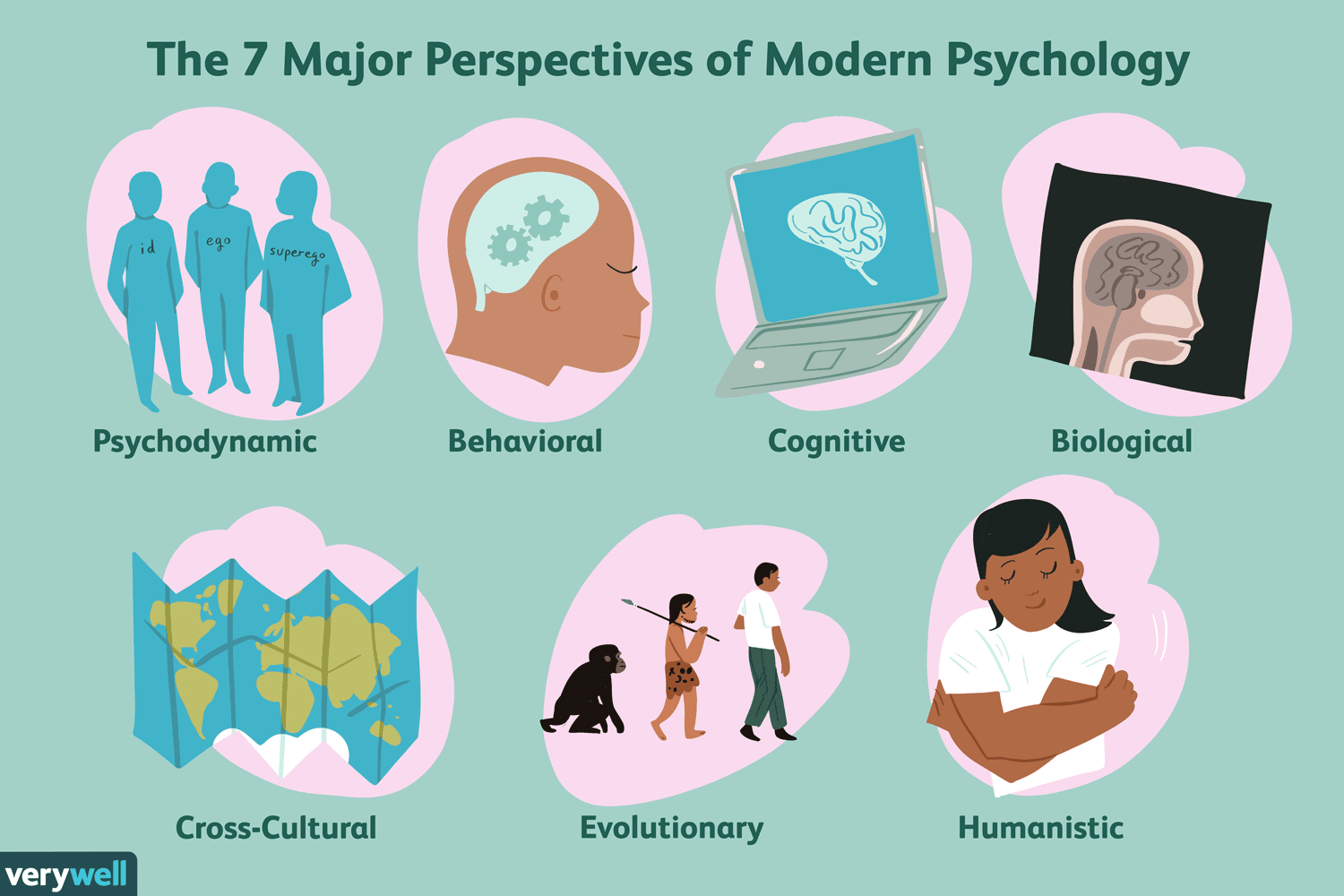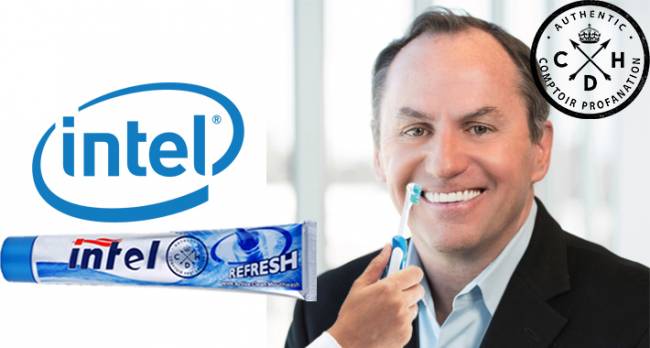Understanding Psychology: Science, Perceptions, Academic Classification, and GPA Implications
Introduction
Psychology is a field that explores the depths of human behavior and mental processes, bridging the gap between the social and natural sciences. Yet, its classification as a science, how it is perceived by the public, its impact on academic GPA calculations, and the degree options it offers are often misunderstood. This guide provides a comprehensive overview of these key issues, offers expert perspectives, and supplies actionable steps for students looking to pursue or leverage a background in psychology.
Is Psychology a Science?
At its core, psychology is recognized as a science by academic institutions, professional organizations, and scientific bodies worldwide. Psychology applies the scientific method -including systematic observation, hypothesis testing, controlled experimentation, and data analysis-to understand and predict behavior and mental processes. Psychologists collect facts, develop theories, test hypotheses, and revise their understanding based on empirical evidence [1] [2] [3] [4] [5] .

Source: hubpages.com
For example, researchers may design experiments to analyze the correlation between stress and health or manipulate variables to determine causal relationships. The empirical approach -grounded in observable and measurable evidence-is fundamental to all scientific disciplines, including psychology [4] .
Internationally, psychology degrees follow strict scientific standards set by organizations such as the British Psychological Society (BPS) in the UK, ensuring that programs maintain a rigorous, evidence-based approach [2] .
Why Are Some People Skeptical About Psychology as a Science?
Despite its scientific foundation, skepticism persists regarding psychology’s status as a science. Several factors contribute to this:
- Diversity Within the Field: Psychology encompasses a wide range of subfields-from cognitive neuroscience to clinical therapy-which can lead to misunderstandings about its scientific consistency. Some subfields rely more on qualitative data, while others use rigorous quantitative methods [5] .
- Complexity of Subject Matter: Human behavior and mental processes are inherently complex, making it difficult to establish definitive, universal laws as commonly found in physics or chemistry. This ongoing inquiry and the evolution of theories can create an impression of uncertainty or “softness” [5] .
- Public Perception and Media: Media representations often focus on popular psychology or anecdotal advice, overshadowing the empirical research and scientific rigor at the heart of the discipline.
- Overlap with Social Sciences: Psychology’s roots in both natural and social sciences can blur public understanding, especially since some methods (like surveys and interviews) are also used in less empirical fields.
It is essential to distinguish between evidence-based psychological research and non-scientific or pseudoscientific practices. Accredited programs emphasize the scientific method and peer-reviewed research, helping to uphold psychology’s status as a science [1] .

Source: studiousguy.com
Does Psychology Count as Science GPA?
Whether psychology courses count toward a science GPA depends on the institution and specific program requirements. In many U.S. colleges and universities, psychology is classified as a social science ; however, some programs-especially those with a strong research or biological focus-may include psychology in the science GPA calculation, particularly if the coursework emphasizes scientific methodology and quantitative analysis.
For example, pre-medical and other health-related programs may accept
psychology
courses as science credits if they cover topics such as neuroscience, experimental psychology, or statistics. However, policies vary widely:
- Some medical schools accept psychology as a science for GPA calculation, especially if it is a Bachelor of Science (B.S.) degree with a research focus.
- Other institutions may classify psychology strictly as a social science, counting it separately from biology, chemistry, and physics.
How to confirm psychology’s status for your GPA:
- Consult your academic advisor or registrar’s office for your university’s GPA calculation policy.
- Review the course catalog: If the psychology course is listed under the science department or includes extensive laboratory/research components, it is more likely to be counted as a science.
- If considering medical or graduate school, check the admissions requirements on the official program websites or contact admissions officers directly. They can clarify whether specific psychology courses will count toward the science GPA for your application.
Because requirements can change and may differ by school or program, direct verification is always recommended. If in doubt, request a written statement from your institution or the program you are applying to, specifying how psychology courses are classified.
Is Psychology a Bachelor of Arts or Science?
Many universities offer psychology as either a Bachelor of Arts (B.A.) or a Bachelor of Science (B.S.) , and the distinction can influence your academic and career pathway:
- Bachelor of Arts (B.A.) in Psychology: Typically emphasizes broader liberal arts education, includes more electives in humanities and social sciences, and may require fewer courses in mathematics and natural sciences.
- Bachelor of Science (B.S.) in Psychology: Focuses more on scientific and technical aspects, requiring additional coursework in biology, chemistry, mathematics, statistics, and research methodology. This track is often preferred by students considering graduate studies in psychology, neuroscience, medicine, or other health-related fields.
How to choose the right degree:
- Review the curriculum requirements on your university’s official website or in their academic catalog.
- Consider your career goals: If you plan to enter a research or scientific field, a B.S. may provide a stronger foundation. If you are interested in counseling, education, or social work, a B.A. may offer more flexibility.
- Contact the psychology department at your chosen institution for guidance on which degree aligns best with your aspirations.
Either degree can lead to rewarding careers and advanced study, but your selection should reflect your interests and professional ambitions.
Accessing Psychology Programs and Resources
If you are interested in pursuing psychology, here are actionable steps:
- Identify accredited programs by searching for universities recognized by reputable psychological societies such as the American Psychological Association (APA) in the U.S. or the British Psychological Society (BPS) in the UK. These organizations set educational and ethical standards for psychology programs.
- Visit the official websites of your chosen schools to review their psychology program offerings, degree requirements, and admissions criteria.
- Contact admissions offices directly with questions about GPA calculations, degree options, research opportunities, and career pathways.
- Seek out faculty with research interests aligned to your own; many university websites provide profiles and contact information for psychology faculty members.
- For financial aid and scholarship opportunities, use official government resources (such as the U.S. Department of Education’s Federal Student Aid website) or inquire with your institution’s financial aid office.
If you need to confirm how psychology courses will count toward your GPA or degree classification, consult your academic advisor and request written confirmation of institutional policies. For graduate and professional programs, always verify requirements directly with the official admissions office.
Conclusion
Psychology is a science , recognized for its systematic use of the scientific method and empirical research. While public skepticism exists due to the field’s diversity and complexity, accredited programs adhere to rigorous scientific standards. Whether psychology counts as a science for GPA depends on institutional policy and program focus. Prospective students can pursue either a Bachelor of Arts or Science in psychology, each offering unique benefits and career applications. For further guidance, consult accredited academic institutions, recognized psychological societies, and your intended graduate or professional programs.
References
- University of the People (2024). How Is Psychology a Science: What You Should Know.
- Greater Manchester Higher (2023). Is Psychology a science?
- University of Phoenix (2024). Is Psychology a Science?
- Simply Psychology (2023). Is Psychology a Science?
- Southern New Hampshire University (2024). Psychology as a Science.
MORE FROM findworkpro.com













